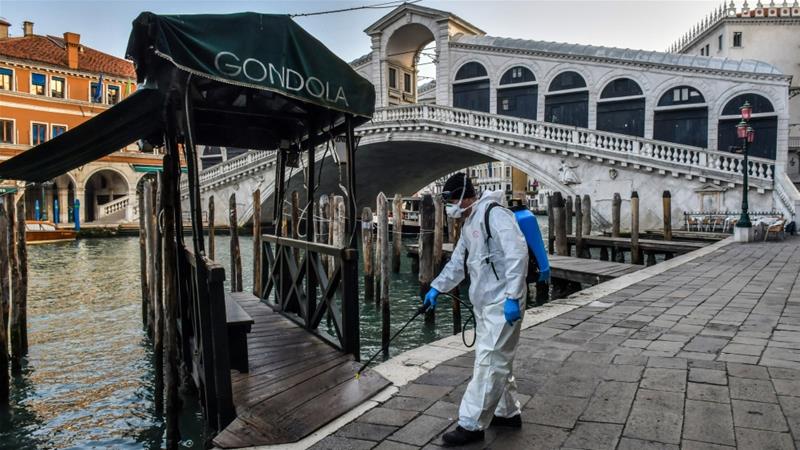Ramesh Sunam, Waseda University, Tokyo
Suraj (name changed), arrived a year ago from Nepal to study at a Japanese language institute in Nagoya, Japan. He was working part-time at a convenient shop to make a living. Unfortunately, Suraj’s situation has changed in the last two months following the outbreak of the coronavirus (COVID-19). In March, he faced a reduction in his working hours by 30 percent. At the outset of this month, his employer asked him to stay home until they call him back for work. Apparently, he lost his job, at least temporarily, through no fault of his own. When I spoke to him, he seemed deeply worried about his annual tuition fees of some US$ 8,000 due soon as well as about covering his living expenses. He cannot source the tuition fees from his own family living in Nepal because his family is already in debt due to the loan taken out for funding his journey to Japan. It cost him about US$ 13,000 to enter Japan on a student visa. During 16-18 hours days filled with studies and work, he struggled hard to make a living and pay tuition fees and to send money home to repay his travel and visa debt. The unexpected crisis has added another layer of vulnerability to his struggles. Since he has made lots of sacrifices to study in Japan, he is not in a position to go back home without completing studies and saving enough from precarious labor to repay his debts. He is also well aware about the situation in his own country, which is relatively unprepared for testing and treating COVID-19 cases.
Continue reading →
